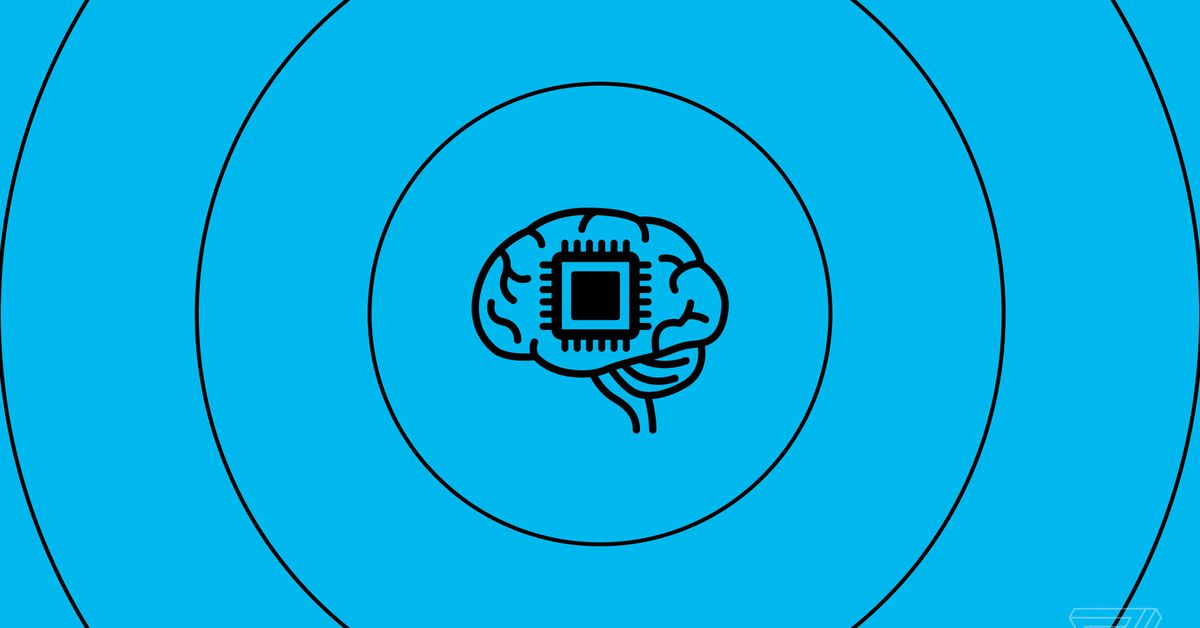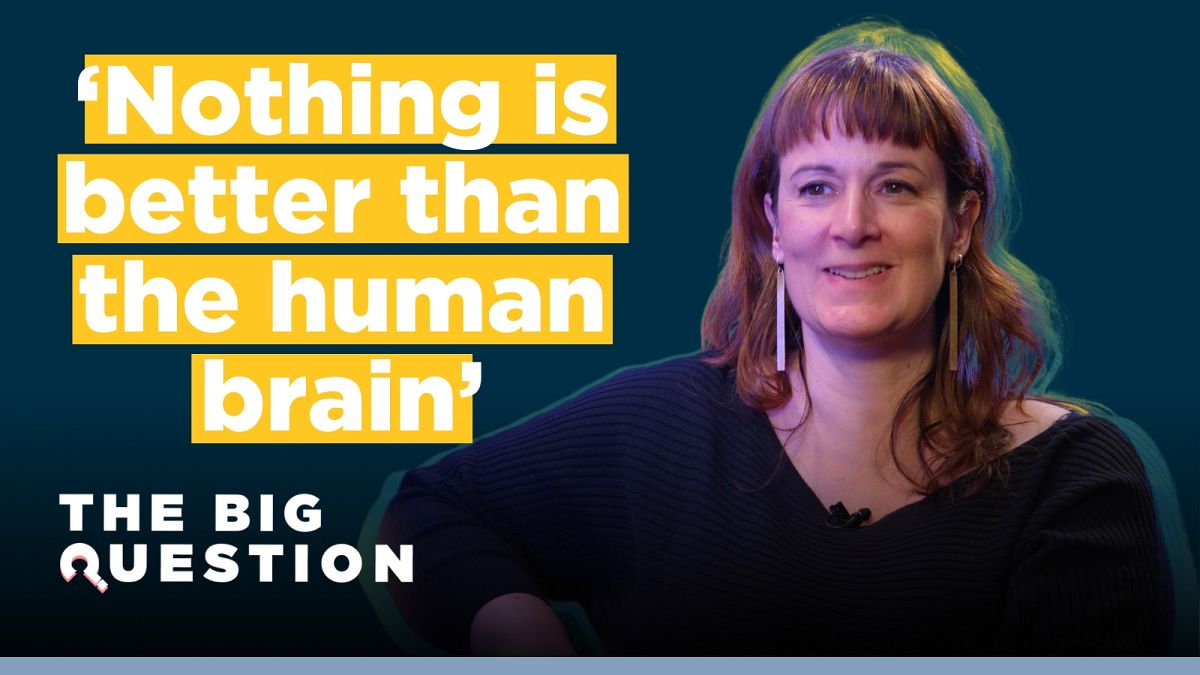By Emilia David, a writer specializing in AI topics, The Verge reports that the US Patent and Trademark Office (USPTO) has clarified its stance on the role of artificial intelligence (AI) in the invention process. According to the latest guidance from the USPTO, AI systems themselves cannot be designated as inventors. However, individuals can utilize AI tools during the invention process while still being eligible for inventor status, provided they disclose the use of AI in their patent applications.
This clarification from the USPTO comes after a series of consultations to gather public feedback. The guidance emphasizes that while AI systems and other entities classified as “non-natural persons” cannot be credited as inventors in patent applications, individuals who employ AI tools can still qualify as inventors. Notably, individuals must demonstrate a significant contribution to the conception of the invention to be eligible for a patent.
Merely instructing an AI system to generate solutions without actively contributing to the inventive process does not confer inventorship. The USPTO highlights that true inventorship involves actively shaping the problem statement to elicit specific responses from the AI system. Merely overseeing or owning an AI system that generates inventions does not grant patent eligibility.
In a significant ruling in 2020, the USPTO reaffirmed that only “natural persons” are eligible for patent protection, rejecting a petition from scientist Stephen Thaler, who sought to list his AI creation, DABUS, as an inventor. The decision was upheld by a US court. However, a separate ruling acknowledged that AI systems may be entitled to certain rights, as demonstrated in a case involving an AI-generated image.
To address the complexities of AI-generated inventions, the USPTO and the US Copyright Office have engaged in collaborative efforts to develop new guidelines for handling AI-related patent and trademark applications.









